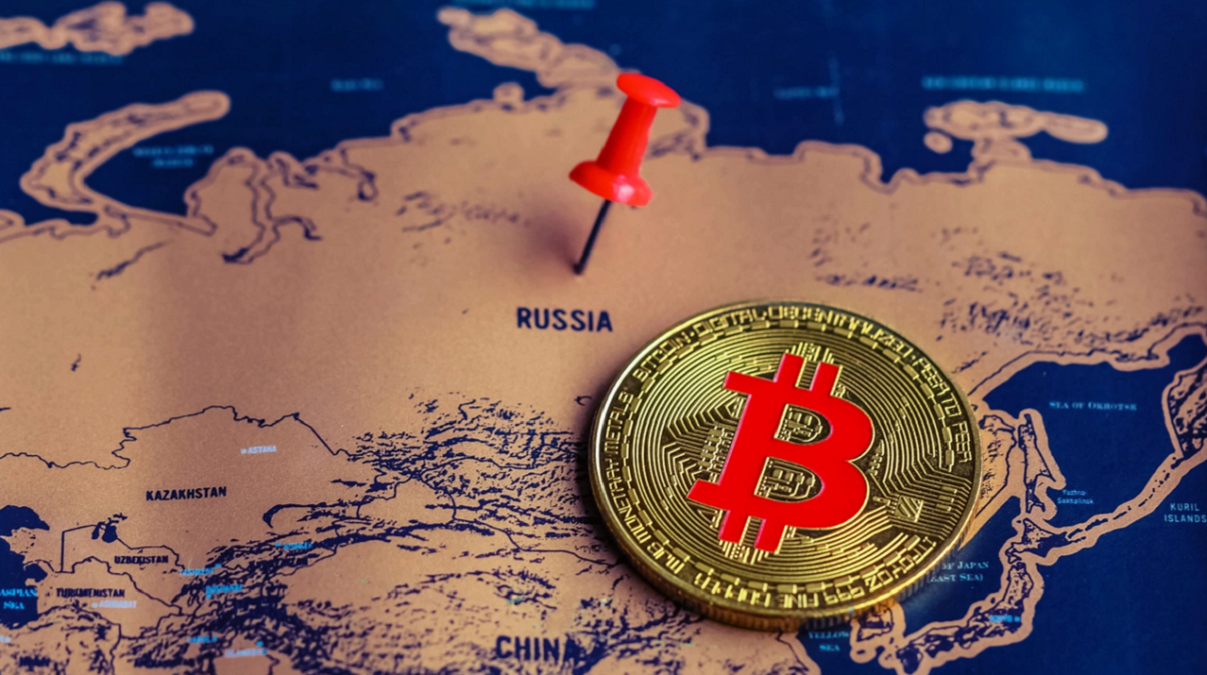A Zbigniew Brzezinski essay from 1992 republished in Foreign Affairs that discusses the approach the US and the west should take with Russia after the USSR and CPSU rule collapse and the Cold War ended. What is excerpted below is the what I believe to be the crux of the matter and the highlighted part is my edit.
"What should now be the West’s central strategic objective toward its former Cold War rival?
The point of departure for a meaningful answer is to recognize that, from a historical point of view, the collapse of the Soviet Union, which endured for some seventy years, is more than overshadowed by the disintegration of the great Russian empire, which lasted for more than three hundred years. This is an event of truly historic magnitude, pregnant with geopolitical uncertainties. It will be many years before the dust finally settles, but it is already clear that the postcommunist transition in the former empire will be more difficult and much more prolonged than the democratic reconstruction of either Germany or Japan after 1945.
The West must support that transition with the same commitment and magnanimity with which America acted after the victory in 1945. That commitment, however, must be guided by a longer-range geopolitical vision that goes beyond the West’s currently one-sided concentration on facilitating Russia’s socioeconomic recovery. While that recovery is desirable, its attainment should be seen as part of a broader effort designed to accomplish two interrelated objectives: the emergence of a truly post-imperial Russia that can assume its proper place in the concert of the world’s leading democratic nations; and the stable consolidation of the newly independent non-Russian states, some of which are only in the early stages of their own nation building, in order to create an enduring geopolitical context that by itself reinforces Russia’s transformation into a post-imperial state. Each of the foregoing is dependent on the other, and hence both must be deliberately sought.
Any Western ambiguity on this matter could prove historically shortsighted. Just as it would have been a historic mistake to settle for less than the liberation of east-central Europe from Moscow’s domination, so now too a recovery program for the Russian economy that does not at the same time seek to transform Russia into a post-imperial state could prove to be ephemeral. Accordingly any Russian efforts to isolate and eventually again to subordinate Ukraine through the maintenance of a Moscow-controlled outpost in Crimea, for example, or to delay the evacuation of Russian troops from the Baltic republics should be unambiguously viewed as obstacles to effective financial and economic assistance.
However it is also essential to provide the Russians with a meaningful alternative to their longstanding imperial status, and that has to be the offer of partnership with the West. The West is correct in stressing that it sees Russia’s eventual destiny as a major player in the European concert of nations and as one of America’s partners in dealing with the world’s wider problems. But to become such a player the transformation of Russia requires—as earlier in the cases of Germany and Japan—the shedding of its imperial aspirations."
Of course the US and the West didn't follow the guidance above and 30 years later we have a Russian invasion of the Ukraine. Unfortunately to many politicians have a short term view and attention span with opportunities like this being missed.




